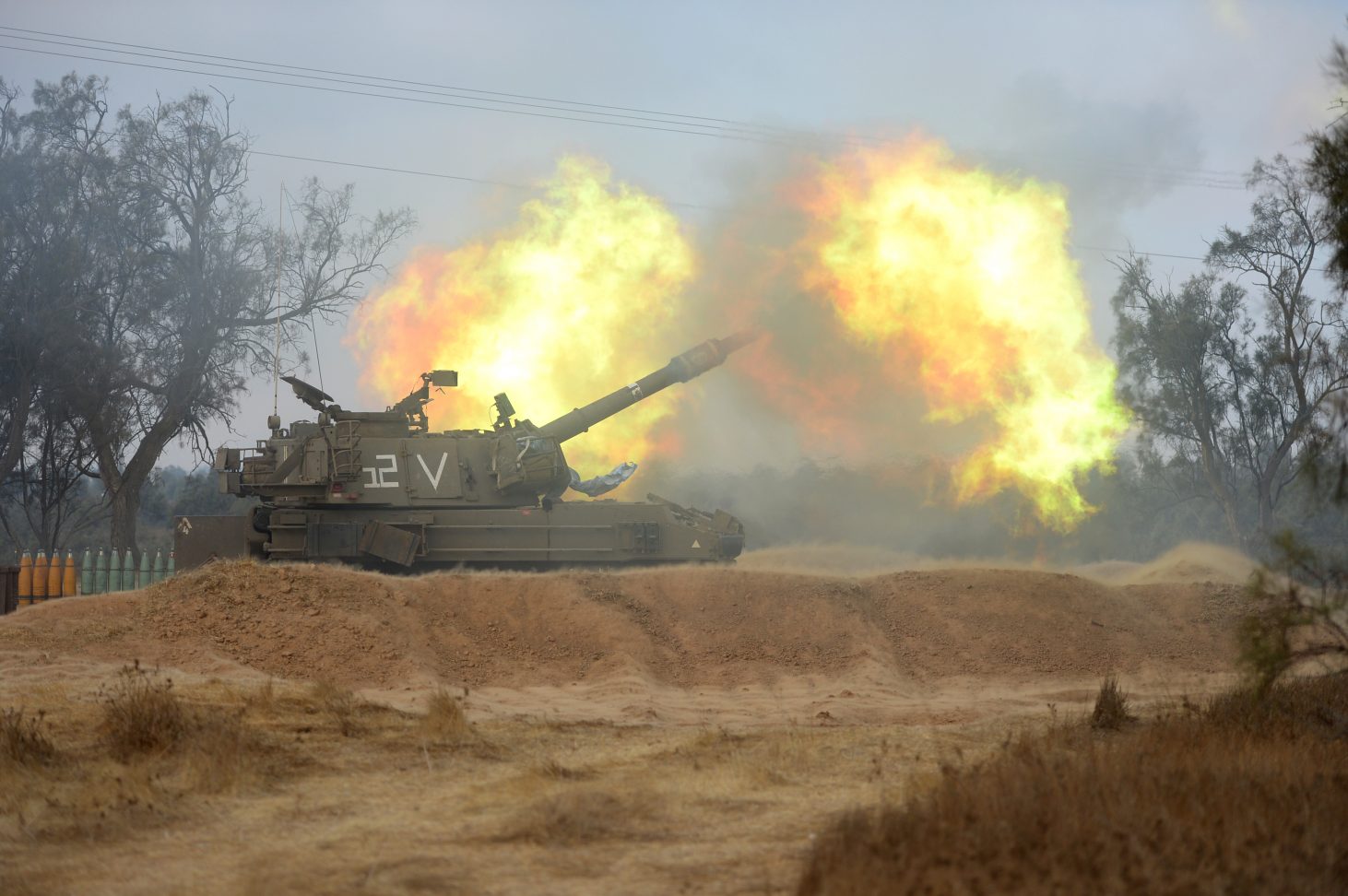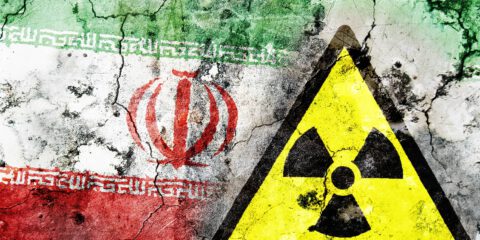It must be made clear to Israel’s rivals in both the north and the south that they will pay a very serious price for attacking Israel.
At one time, military intelligence was responsible for alerting the government to an imminent war. Following the intelligence failure of the 1973 Yom Kippur War, a complex concept called “indicative signs” was developed, the purpose of which is to enable the intelligence collection units to focus their efforts and intelligence research to closely monitor the processes indicative of the concrete preparation for war.
Since Israel is no longer dealing with countries but rather organizations, deterrence ahead of a large-scale operation has become ever more complicated to achieve. This is because the fighting is usually the result of the decision-making process of an organization that does not always have total control over an area and as a result, is not always forced to deal with the consequences of its actions. So, for example, following the 2006 Second Lebanon War, Hezbollah leader Hassan Nasrallah said that had he known that kidnapping IDF soldiers would have led to such a large-scale military operation, he never would have initiated the kidnapping. Operation Protective Edge in 2014 was also the result of a deterioration following Israel’s response to the murder of three boys who were kidnapped in Judea. Even the ground aspect of that operation, in which IDF forces entered the outskirts of the Gaza Strip in an effort to eradicate the terror tunnel threat, had not been planned in advance but was rather the result of events that transpired out in the field.
According to various reports, the Israel Air Force has carried out over 100 airstrikes over Syria without garnering any real response. Is this proof that neither Syria nor Hezbollah will retaliate for the next attack? Most certainly not. That is why it is clear that absent any indication of preparation for a large-scale terrorist attack by the enemy, there is almost no way of predicting the moment when the other side will decide to attack. This is because it is clear to Israel’s rivals in both the north and the south that they will pay a very serious price for such an attack, and they must therefore have a very good reason should they take such a step.
It seems logical to assume that it is only when the other side feels it has a genuine ability that Israel would find it difficult to contend with that they would contemplate going into battle. And therefore, it is precisely at a time when Israel is advancing a solution to the terror tunnel threat and Hamas has yet to find a solution to Israel’s ability to intercept its rockets, that it makes no sense for the organization to embark on an offensive campaign. Does the terror organization now have the ability to attack Israel from the air and sea? I don’t have a conclusive answer, but it is my assessment that Hamas does not have game-changing weapons in its arsenal and that is why the organization seems likely to avoid an operation at this time.
Will Hamas nevertheless embark on an operation as a result of deterioration in the economic situation in Gaza? It doesn’t seem like a logical move. No organization has attacked Israel for such a reason, so why would this time be any different? And what would Hamas get out of the further destruction of Gaza and the serious harm inflicted on its people and industries following the operation? The economic situation that followed such an operation would certainly not be any improvement. There may very well be heavy clashes or even an operation, but beyond the dire economic situation in Gaza, this would likely be the result of a mistake or one side losing control of the situation.
Israel has good reason to want to avoid a humanitarian crisis in Gaza, not just because a crisis could lead to the initiation of an operation by Hamas, but because it would be best to not have our close neighbors be in such a state of crisis. And although Hamas and Palestinian Authority President Mahmoud Abbas would be much more responsible for the crisis, the world would certainly blame Israel. It thus seems that Israel should promote aid that helps alleviate the crisis in Gaza, despite the fact that this would do very little, if anything, to improve the situation there, since Hamas absolutely prioritizes the building up of its military power over finding a solution to the humanitarian crisis. Even an artificial island would not do much to significantly change the situation. One should also take into account that the fighting will renew whenever Hamas decides it is interested in doing so or if there is an uncontrolled deterioration in the situation regardless of whether there is an improvement to Gaza’s economy.
Published in Israel Hayom, 9.2.2018
JISS Policy Papers are published through the generosity of the Greg Rosshandler Family.
photo: By IDF Spokesperson Unit [CC BY 2.0], via Wikimedia Commons









 - בניית אתרים
- בניית אתרים